A skeleton of a baby of the II century with an elongated skull was found in Crimea
Categories: History
By Pictolic https://pictolic.com/article/a-skeleton-of-a-baby-of-the-ii-century-with-an-elongated-skull-was-found-in-crimea.htmlDuring excavations on the Kerch Peninsula, archaeologists found the burial of a baby dated to the II century of the new era. A child buried no later than a year and a half has a severely deformed skull. Apparently, he suffered from the barbaric tradition of the ancient Sarmatians - Iranian-speaking nomads who lived on the territory of modern Ukraine, Russia and Kazakhstan.
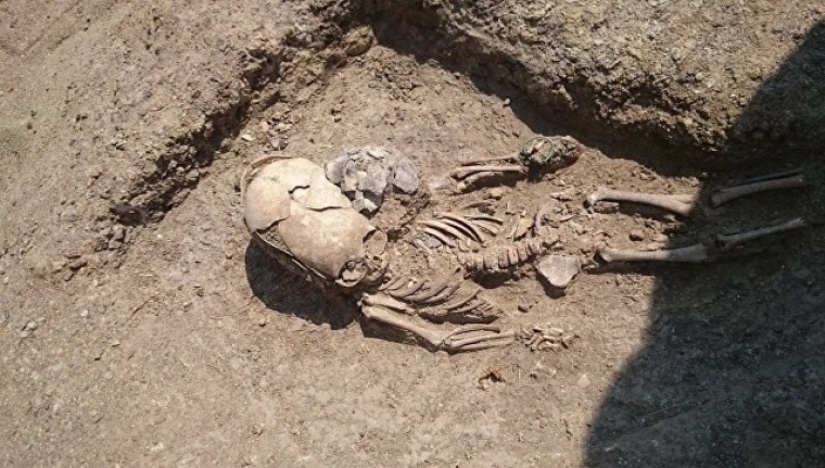
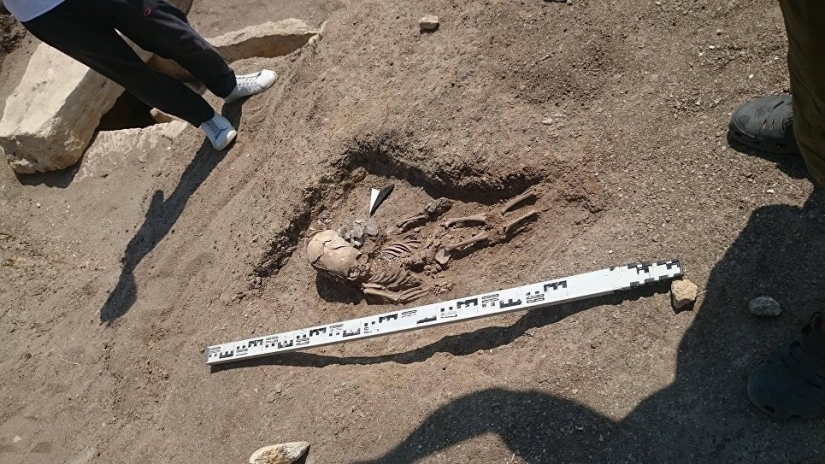
The child — according to archaeologists, a boy - was buried in a dirt grave without a slab in the Kyz-Aul necropolis. The age is indicated by ungrown fontanelles on the skull: this means that the baby's head was deformed immediately after birth.
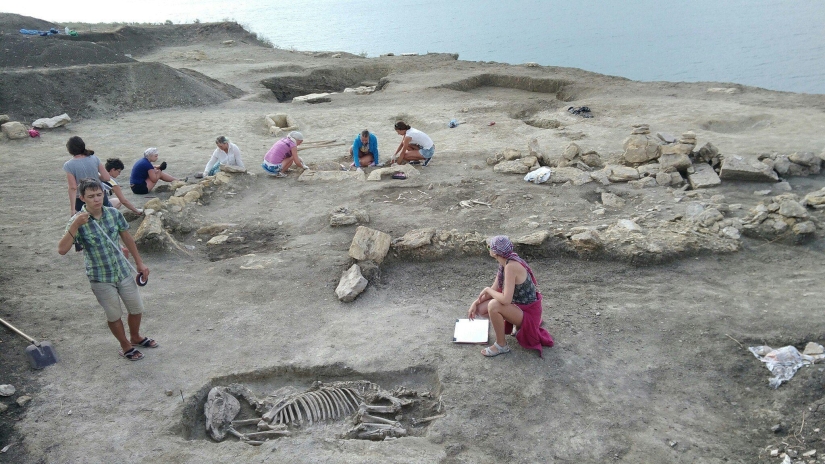
A molded vessel, small beads and paste glass were found next to the skeleton's head, and a copper alloy bracelet was found on his right hand. In the layer where this grave was found, there are burials from the I century BC to the III century AD. Stone tombs belong to the same period, in which the military nobility of the Bosporan Kingdom, an ancient state north of the Black Sea, were supposedly buried.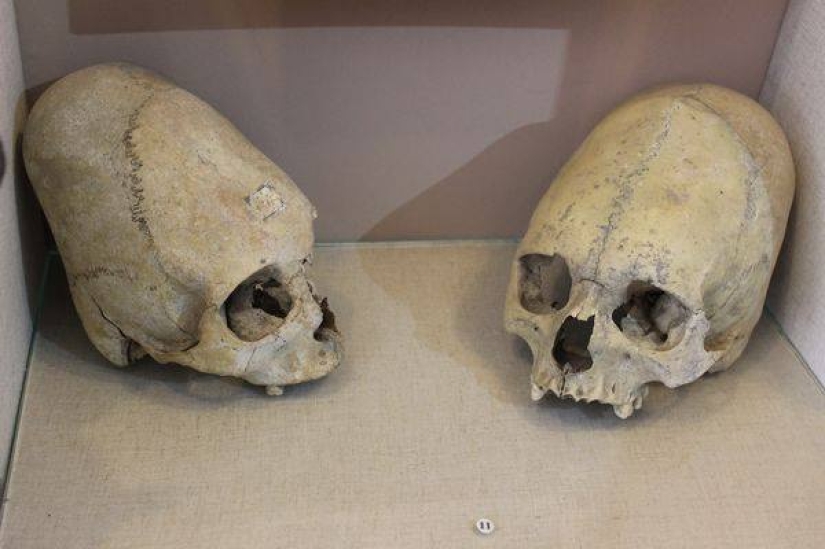
Deformed skulls from the Kerch Archaeological Museum
Archaeologists have previously found the same elongated skulls in Sarmatians, especially later ones. Back in 1826, similar burials were found by the French archaeologist Paul Dubrux in the necropolises of the Bosporus of Cimmeria, in the Kerch region. Most likely, the Sarmatians had their skulls pulled out in order to indicate their belonging to a certain group or to show their social status.
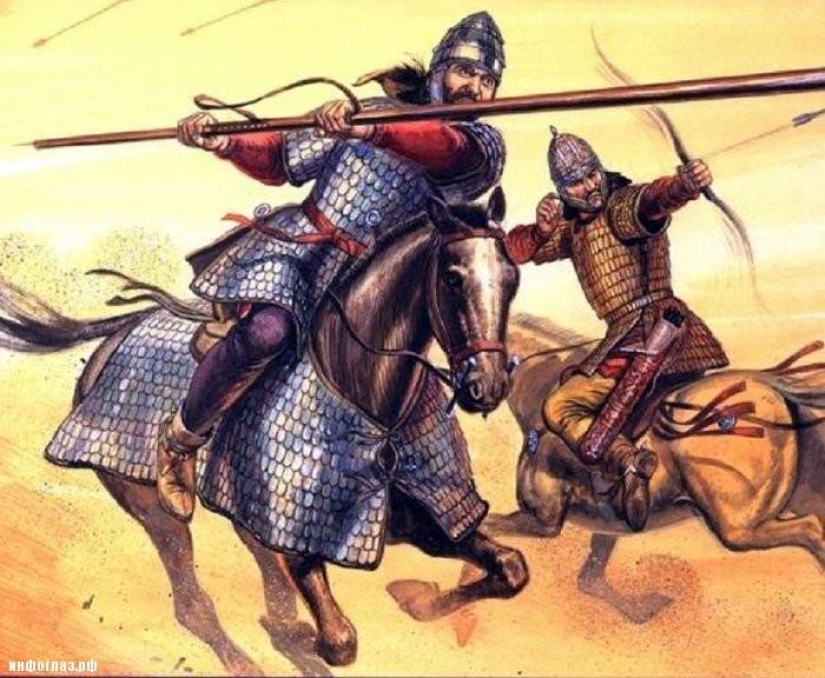
The Sarmatians were a paramilitary people, and perhaps this boy should have become a mounted cavalryman.
Keywords: Archeology | Burial | Crimea | Discovery | Excavations | Skeletons
Post News ArticleRecent articles

It's high time to admit that this whole hipster idea has gone too far. The concept has become so popular that even restaurants have ...

There is a perception that people only use 10% of their brain potential. But the heroes of our review, apparently, found a way to ...
Related articles

In summer 1995, British photographer Martin Parr visited Yalta, which he himself called the "Russian Riviera". In this series you ...

On September 9, 1855, after the heaviest battles, the 349-day defense of Sevastopol ended. In connection with this event, every ...

He was the star of the Victorian freak show and the man with the most deformed appearance in history. Doctors tried to solve the ...

New Year's is a time to surprise and delight loved ones not only with gifts but also with a unique presentation of the holiday ...